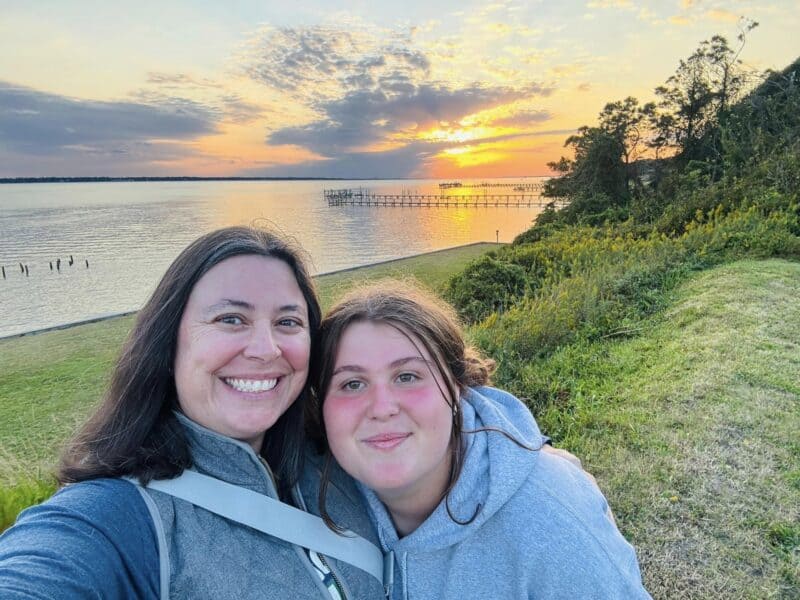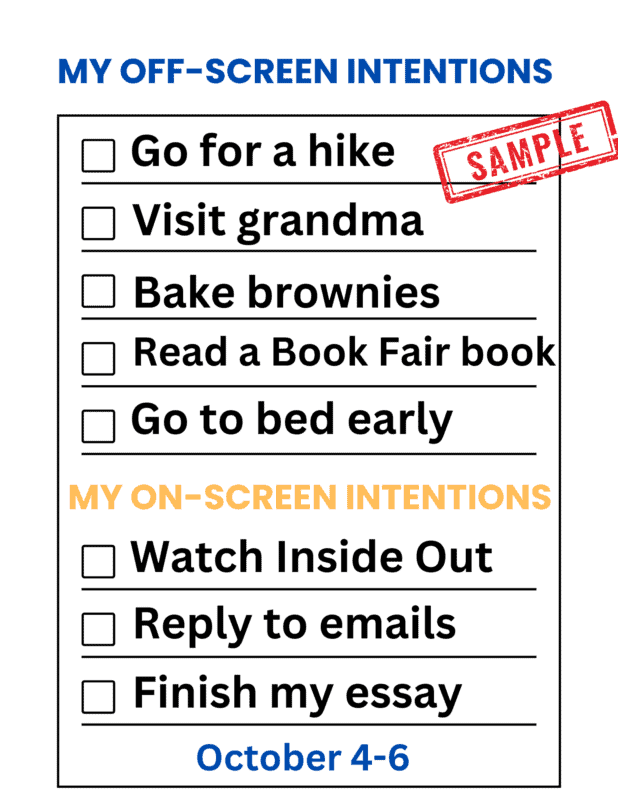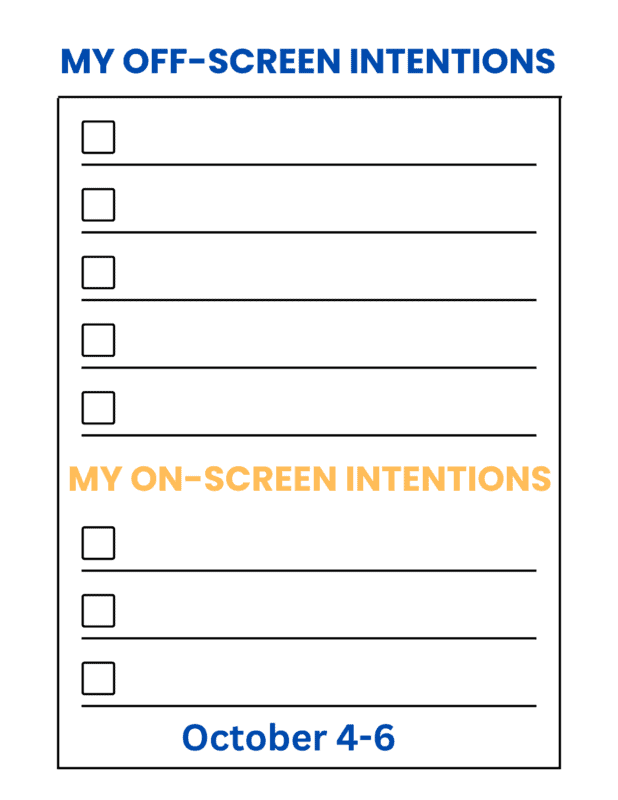Intentional Technology Makes For Healthier (And Happier) Choices
At Noble Academy, we leverage technology all the time – as a tool for teaching and learning, communication, collaboration, and creativity. These uses are intentional – in other words, at Noble, adults and kids alike purposefully use digital tools to meet important teaching and learning goals.

It seems that technology in the lives of young people has been in the news and the national consciousness more than ever this year, particularly since the release of social psychologist Jonathan Haidt’s latest New York Times bestselling book The Anxious Generation. Noble Academy takes the concerns Haidt and others address regarding the potential negative impact, particularly of cell phones, seriously, and we are talking with our community about why it is important to be intentional with technology. Through classroom discussions, parent meetings, emails, and activities, we are addressing the idea that when we make intentional choices, we make healthier choices. Intentionality with food and with time is not so different from intentionality with technology: mindless use of it can have negative consequences, but purposeful, planned, appropriate use of it can bring substantial benefits.
To support intentionality and balance around tech, we invited Noble Academy families to opt-in to what we called an ITCHY (Intentional Technology Choices are Healthy for You) Weekend, October 4-6. I believe that the discussion around deliberate decision-making empowers community members, and investing in the process could hold more potential than creating absolute rules.

Leading up to our ITCHY weekend, we invited parents to a morning discussion group, and shared information from such valuable sources as Common Sense Media, and the Department of Psychology and Neuroscience at UNC. With parents, we discussed the media coverage of the current movement toward cell phone bans in schools, the parental control options available, etc.; but we also talked about the complexity of raising kids in a world already saturated with useful and highly engaging technology. Essentially, we reminded parents that, like many things involved in raising children, finding the right balance with tech is complicated. Then, we encouraged families to use a planner we provided for talking with kids about what their intentional, healthy weekend might look like. The goal was not a complete fast, but rather to eliminate mindlessly scrolling, or excessive use.


With students, leading up to our ITCHY weekend, we had similar conversations. We also asked them in their advisories to complete thought bubbles that said, “When I use a little less technology, I get more time for…” We emphasized not what you give up, but what you gain, through intentionality.
Why don’t we encourage locking up screens and devices at home? For one thing, in 2016, the American Academy of Pediatrics updated their media use recommendations, stating, “Because children and adolescents can have many different kinds of interactions with technology, rather than setting a guideline for specific time limits on digital media use, we recommend considering the quality of interactions with digital media and not just the quantity, or amount of time.”* For another, if you want a guaranteed way to get students to want something, try banning it. Furthermore, we still want learners to use things like Google classroom for their assignments, and we still want to encourage creative apps for self expression, and other tools that make their lives easier.

According to anecdotal reports, our ITCHY weekend sparked valuable family conversations, and we plan to do another one in the spring. But there is no need to wait until an officially designated weekend! Anyone can choose to get ITCHY anytime and anywhere – because Intentional Tech Choices are Healthy for You.
By Gayle Kolodny Cole – Noble Academy Head of School, Sponsored by Noble Academy
*https://www.aap.org/en/patient-care/media-and-children/center-of-excellence-on-social-media-and-youth-mental-health/qa-portal/qa-portal-library/qa-portal-library-questions/screen-time-guidelines/?srsltid=AfmBOoq8p_KrheXu1RQJDZ88Odv_hQjO3d6pCh4Gmu3PyeSHOr3PmSiL
Want to see more blogs like this and also get notifications on local events and happenings? Subscribe to our free weekly newsletters here.

